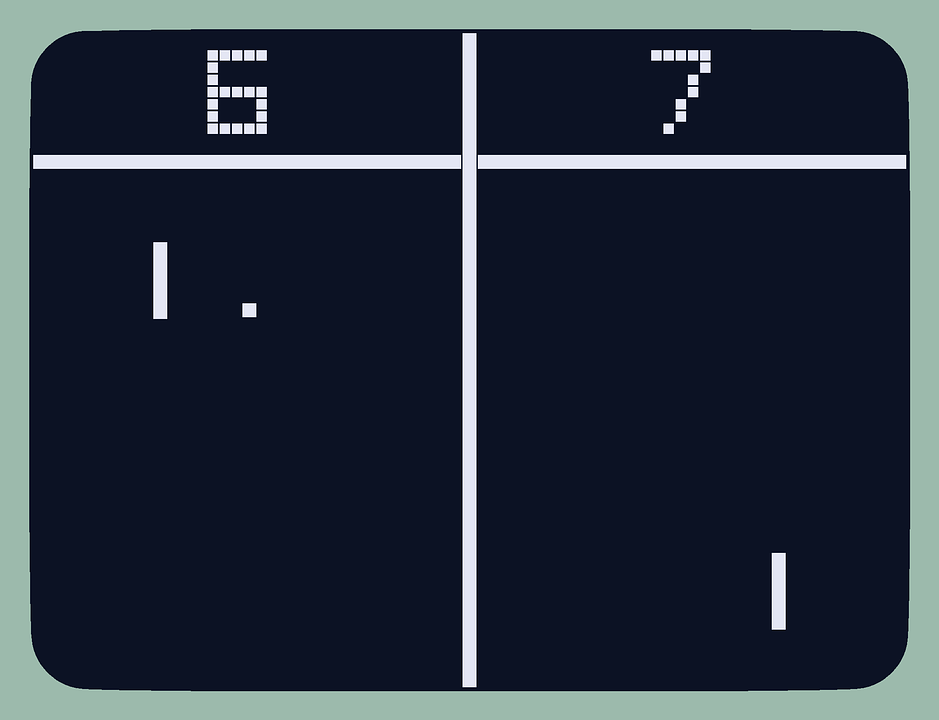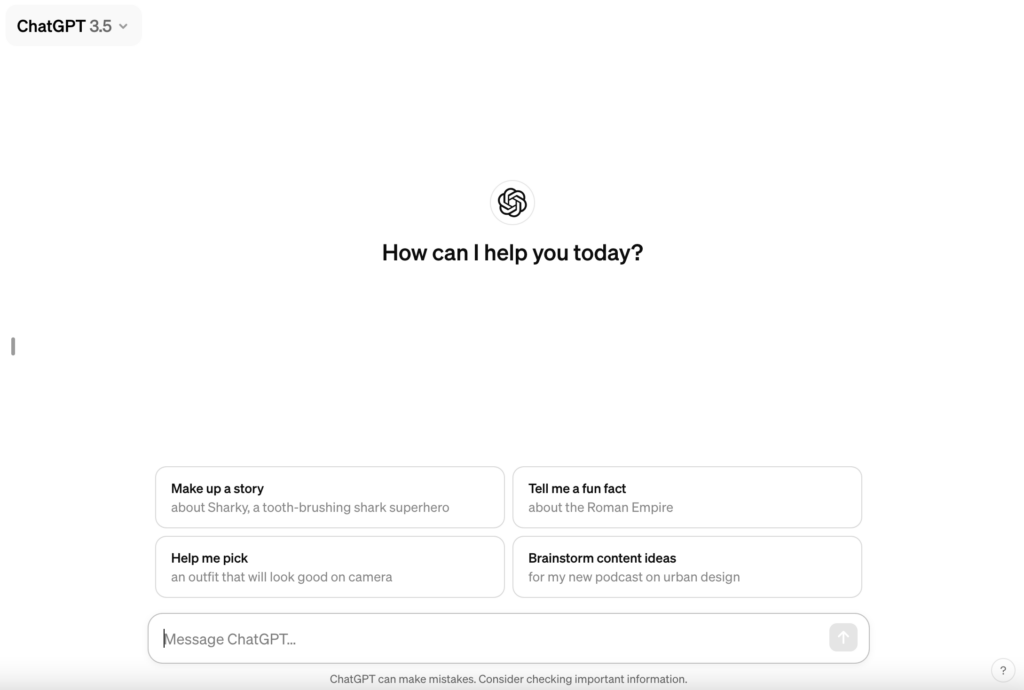With the advancement of AI tools over the past few years, many industries have been impacted by new programmes that can easily and efficiently generate content. This includes the education sector, which has seen a rise in AI-generated essays, projects and Personal Statements.
As this technology has become publicly available so recently, schools, universities and even the government are still trying to catch up in order to regulate its usage and protect the education industry as a whole. Currently, many issues surrounding AI are still very much in a grey area.
These tools have been of particular concern to the Universities and Colleges Admissions Service (UCAS), who process all UK university applications, including Personal Statements. In this guide, we’ll explore the current state of AI in Personal Statement writing, including if you’re allowed to use it, if it’s a good idea to use it and more. We’ll also take a look at an AI-generated Personal Statement to see if it offers a viable alternative to handwritten work. Let’s get started:
Short on time? Here’s a summary of the guide:
- Generative AI has exploded in popularity in the last few years thanks to the development and release of Chat-GPT. AI Generated writing is now very common in many industries.
- UCAS has confirmed that generative AI can be used to support Personal Statement writing, though the extent to which it is used is down to the applicant's discretion. AI detection is also used to find full AI text.
- AI Personal Statements lack the personality and unique information that a hand written statement offers, making them lower quality.
- AI can be a helpful tool for planning and editing your Personal Statement in small ways.
- AI should never be used to write full chunks of your statement or reword someone elses work.
What Is AI-Generated Writing?
AI stands for Artificial Intelligence, which is the name given to any form of independent intelligence displayed within machines. While the details of how these machines function are complex and vary from example to example, AI will typically use man-made code or learning algorithms to complete set tasks without input from a human.
While it may seem like a recent development, the history of science is longer than you may think with initial developments occurring in the 1950’s. AI was being explored during the development of the first computers during this timeframe, although not much progress was made until the 1980s when computers became more powerful and user-friendly.
Although many now think of AI-generated content and machine learning when hearing about AI, one of the most common uses of the technology that consumers would have experienced was its usage in video gaming, allowing non-player characters such as enemies to make decisions and react to player actions. Starting from the original versions of Pong, this technology has advanced to the point where an AI and human player could be indistinguishable from one another.

This same level of accurate human replication is now being seen in AI tools designed to generate content, which has spurred many debates and concerns about worker’s rights, scams and more. A famous concern with AI is its ability to act independently and potentially cause harm to humanity, but many scientists agree that the technology currently has not reached that stage (and may never).
Chat-GPT
The boom in AI-generated writing properly began in November 2022 when Open Ai, founded in 2015, publicly launched the first iteration of Chat-GPT. This is free-to-use software accessible on internet browsers that can act as a chatbot, search tool and AI writing tool all in one.
The system simply requires users to input a prompt into the text bar, be it a question, a request or just a conversation starter, to which the AI will generate an appropriate response. There are limitations in place relating to issues such as hate speech, politics and medical advice, but most users should find that they receive a relevant and coherent response.

After the launch of Chat-GPT, many companies moved forward in launching their own AI writing tools, including Microsoft, Google and Meta. Many of these tools are designed to appeal to different industries and use cases.
AI writing tools lead the charge for AI content, but now tools are widely available to generate images, video, audio and more. Many of these tools have extremely practical uses, but the advancement of these technologies that were previously believed to be impossible has heightened all of the concerns mentioned previously.
As things stand, the technology could still be considered in its infancy, so the rules and regulations for its usage are still very unclear. However, one organisation has made a fairly concrete stance on the issue; UCAS.

Prompt: University of Oxford on a sunny day
Craft a standout Personal Statement and much more with support from UniAdmissions
When you enrol on a UniAdmissions Full-Blue Programme, you will have access to unlimited hours of one-to-one support from an expert Oxbridge tutor who will support you through every step of the admissions process, including your Personal Statement. You’ll also have full access to hundreds of preparation materials, live courses, unlimited Personal Statement marking and much more.
Discover our Full-Blue Programmes by clicking the button below to learn how you can enrol and triple your chances of success.
Can I Use AI To Write My UCAS Personal Statement?
UCAS has published an official guide relating to AI usage in Personal Statements, in which they clarify their stance on using AI to both write and support your Personal Statement.
In short, UCAS does not allow applicants to submit Personal Statements that have been fully or substantially written by AI. For years, UCAS has required applicants to declare that their work is original, meaning it’s written by themselves and not copied from another source. Plagiarism has always been an issue in academia, with Personal Statements being no different, so systems have long been in place to detect plagiarised content.
While AI writing is technically a different case, the general principle still stands; an applicant’s Personal Statement must be written by themselves. AI writing would be considered copied from another source and thus is not allowed to be submitted.
However, this isn’t a black-and-white issue and UCAS hasn’t outright banned AI usage within the Personal Statement writing process. AI writing programmes are tools – tools that can be used for a variety of purposes, some of which UCAS agrees are helpful to applicants writing their statements. So how do we know what the right thing to do is?
Are AI Personal Statements Cheating?
This is a question posed within the official UCAS article and does not have a solid answer. Some people within the industry do believe that AI usage should be considered due to its potential power.
Those who use AI in any capacity when writing their statement may likely have an advantage over those who don’t. However, it’s important to consider that AI is widely available to the point that almost anyone writing a Personal Statement could utilise it if they wish. Therefore, the advantage couldn’t really be considered unfair as the vast majority of applicants could choose to use it themselves.
Another consideration is that, in most cases, applicants are using AI to write their Personal Statements because their writing skills may not be advanced enough to create a compelling and convincing piece of work. For many degrees, writing skills like this are not necessary for success, so the only reason that applicants would need to learn these skills is to help their Personal Statement stand out more, regardless of the quality of the actual content.
Applicants with a wealth of relevant experience in their field may not be able to articulate points in the most engaging manner, which is something that AI tools can help improve. If a highly qualified applicant writes a less engaging Personal Statement for a course that requires very few creative writing skills, should it be considered cheating to make their work a bit more readable with the support of AI? These are questions that still have not been fully answered.
Are AI Personal Statements Immoral?
Another argument against AI usage is that it is immoral and takes away from the integrity of one’s work. It’s certainly true that generating major portions of your work with AI is a bad practice and will generally result in lower quality and less personal output, but is this the case for all usage of AI?
As previously stated, AI is a tool that can be used to varying degrees. Where one applicant may use AI to write a full paragraph of their statement, another may use it to rephrase a clunky sentence that they are having difficulty with. AI writing tools offer more than just writing from a simple prompt, as they can be used to check, edit or suggest changes to one’s handwritten work.
When used in this context, would the use of an AI tool be considered any more immoral than the use of an automatic spell-checker? People have different stances on this issue but it appears that UCAS themselves not only condone this use of AI tools but potentially even encourage it.
Now that the technology has been made available, applicants are going to use it either way, so some may suggest that it is important that applicants explore its uses in a reasonable manner to stay competitive.
Are AI Personal Statements Plagiarism?
While it may seem like these AI tools are creating brand-new content from scratch, it’s important to understand that the databases that power these tools learn from millions of pre-existing sources. By scanning this wide array of content, the technology is able to rearrange and create seemingly new content based on what it has learnt.
However, this content always runs the risk of featuring plagiarised work that has not been altered enough to avoid detection. Unlike typical plagiarism, in which the culprit will know where their work has been copied from, it is next to impossible to know the original source of an AI-generated piece of work without running it through a plagiarism checker. Even then, the programmes that are available publicly are generally less powerful than those used by UCAS and other organisations.
Beyond plagiarism, programmes have now been introduced that can detect AI-generated content specifically. All of this is to say that, if you do choose to use AI at any point in the Personal Statement writing process, it’s always safer to alter any output you receive in order to avoid detection.
Example AI-Generated Personal Statement
Below is an AI-generated Personal Statement for an Economics & Management applicant at the University of Oxford:
Example Oxford Economics & Management Personal Statement
Question 1: Why do you want to study this course or subject?
I am deeply fascinated by the intersection of economics and management, and I believe this course will provide the ideal platform to explore both disciplines. Economics offers a lens through which we can understand global issues such as inequality, resource allocation, and market dynamics, while management equips us with the tools to solve complex business challenges and drive organizational growth. I am eager to develop analytical skills alongside practical leadership strategies that will allow me to make meaningful contributions in a rapidly changing world. Oxford’s rigorous academic environment, combined with its diverse and intellectually stimulating community, is the perfect setting for nurturing my passion and broadening my perspective on how economic theory can be applied to real-world business scenarios.







